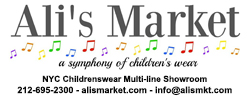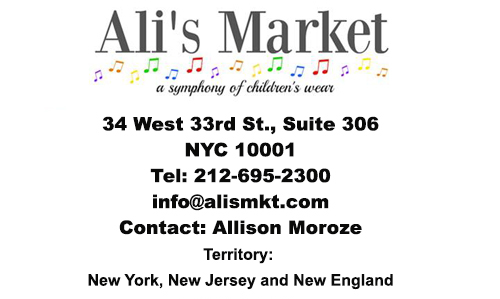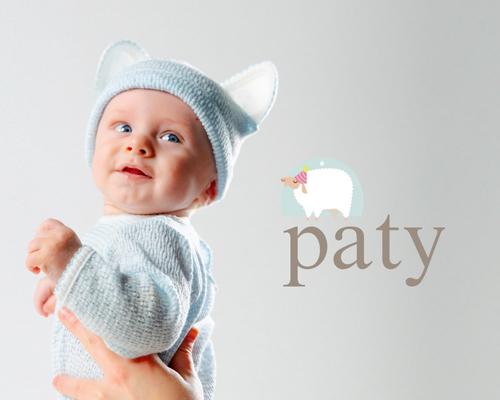December 2020 – Tri-Cities Area Journal of Business – Polliwogs Children’s Boutique in Richland, WA prides itself on offering an assortment of ethically and sustainably-sourced baby and children’s apparel, shoes and accessories.
“I was actually really surprised that there were as many people who wanted that here,” said owner Alexa Orozco.
Part of what motivated her to open the Richland store six years ago was her own struggle to find clothes for her son that met ethical and ecofriendly criteria – and were also cute.
Opportunity knocked when a friend announced she was moving to California and would be vacating her children’s store in Richland’s Uptown Shopping Center, called Itsy Bitsy.
“She asked if I had ever thought of owning a business and noted that I could take over her spot,” Orozco said.
With the help of her sister and a mom with a business background in owning and running preschools, Polliwogs was born.
At the start, Orozco had a goal of stocking the boutique with at least 70% ethically-produced merchandise and the other 30% sourced from companies with some ethical or eco-friendly production practices.
Today, Orozco says about 90% of what she carries meets her criteria for being ethically and sustainably produced.
“Because my customers, that’s what they want, even if the price is a little bit more,” she said.
So, what exactly defines ethical production?
Typically, “ethically made” indicates a company’s commitment to providing fair wages, safe working conditions and other worker protections, as well as offering transparency about its business practices.
Ethical also can include an environmental stewardship component related to the use of agricultural chemicals, fabric treatments and dyes, the treatment of wastewater and mitigation of other polluting agents involved in production, as well as using sustainable manufacturing models that conserve resources, use recycled inputs, reduce overall waste or offset carbon emissions.
The tricky part is teasing out which companies and certifiers are the real deal, versus those simply “greenwashing,” or in other words, cashing in on buzz words like “organic,” “fair trade” and “sustainable,” without actually delivering behind the scenes the practices that consumers believe these terms represent.
Read more at Tri-Cities Area Journal of Business.


















